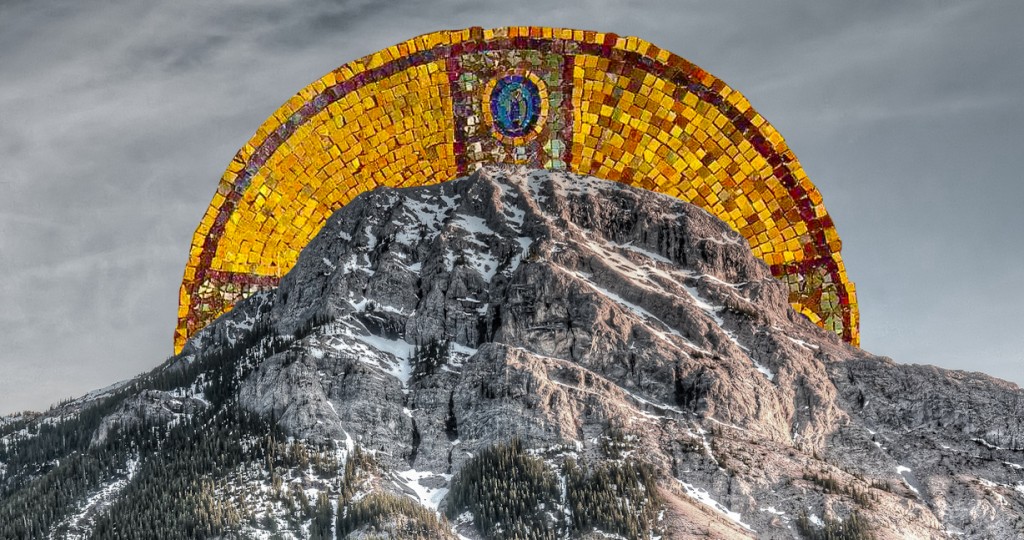Mountaintops hold historical significance as places in which we interact with the supernatural. Abraham climbed a mountain with the intention of sacrificing his son in obedience to God. Moses climbed Mount Sinai to get the Ten Commandments. Peter, James, and John climbed a mountaintop and witnessed the transfiguration of Jesus. The mountaintop is magical—but we can’t stay there.

We all have mountaintop moments in our lives. The mountaintop as metaphor offers a view of the critical points in life in which we come into intimate contact with the divine. It’s often at the peak of the mountain in which Spirit speaks to us, directs us, and offers revelation. We sometimes call these our “Sistine Chapel moments,” the rare and sacred encounters in which we extend our hands out toward heaven and nearly touch the fingertips of God.
Last weekend was a mountaintop moment for more than 1,400 LGBTQ Christians and allies. We gathered for the 13th annual conference of the Gay Christian Network and experienced a glimpse of Spirit moving through our vast and diverse community. The conference is an opportunity to discuss issues, offer support, and ultimately unite in a call for greater acceptance in the church. There are few opportunities for large groups of LGBTQ Christians to worship freely, without condemnation, in fellowship with each other. We are a thousand tiny strands that, for three short days, intertwine into a mighty and unbreakable cord.
Many of those who attended will be suffering a post-conference depression this week. They have left the safe and sacred space of the mountaintop, and have come back down into reality. For many LGBTQ Christians, reality means rejection from friends and family. It means suffering shaming comments from fellow church-goers or reproachful stares from coworkers. It means isolation and stigma. It means re-entering a world that would rather not have us.
Despite all that awaits us below, we must come down the mountain. Abraham had to come down the mountain to fulfill his destiny in settling his descendants in the Promised Land. Moses had to come down the mountain to give the Israelites the law. And Jesus’ disciples had to come down the mountain to share their witness of the divinity of the Son of God. We must come down the mountain or the whole world suffers.
The mountaintop is a refuge, but it is not home. The mountaintop is safe, but it is removed. We are forever changed up on the mountain, but we are useless to the world if we do not return and share what we have experienced. We go up the mountain so that we can come back down.
And what is it that we have learned at the mountain’s peak? At the GCN conference, it was a message of comfort from transgender speaker Rev. Dr. Paula Williams: “The people who don’t get lost are the people who don’t go anywhere.” It was a message of courage from psychotherapist Ling Lam: “Every time you speak up you are chipping away at the conspiracy of silence.” It was a message of grace from Bishop Gene Robinson: “No matter how badly someone treats me, it never relieves me of my duty to treat them as the child of God they are.” And a message of strength from Jane Clementi, a heartbroken mom: “God holds all things together, and that includes me.”
On the mountaintop we light our torches, but it is only in coming down the mountain that we can spread the light. Let us all take the courage and wisdom we gather on the mountaintop moments of our lives and march boldly across the plains, through the forests, into the valleys. Let us not allow the memory of those sacred moments to flicker, but instead continue to stoke the flames inside our hearts.
When we leave the mountain, we may go separate ways, but we are all walking the same road together. You are not the only torch bearer. You are not alone.
Like our Facebook page and follow us on Twitter for more.
Image adapted from a photo by Paul, used with permission through Flickr Creative Commons.












